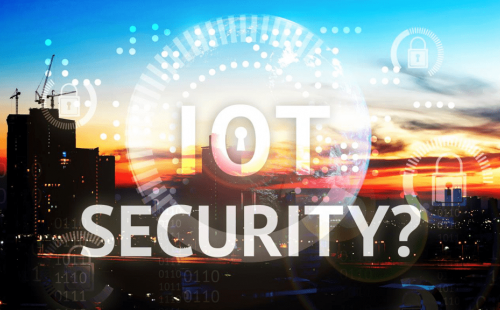

Why IoT Security matters
Gartner, Inc. estimated that 8.4 billion connected things would have been active worldwide by end of the year. With very few, if any IoT security measures in place.
The Internet of Things continues to increase every year. With connected IoT device projections of 20.4 billion by 2020. With an estimated $2 trillion in spending on IoT devices and services.
The world is becoming more exposed to attacks, as more IoT device with weak or no security, get connected. Ransomware attacks are becoming more common. For example, the NHS trusts and GP surgeries in the UK, were effected. As reported by the BBC. Furthermore, this recent global ransomware attack caused havoc in more than 150 countries. Consequently, this shows the scale and real-life outcome of a cyber-attack.
Understanding the Importance of IoT Security
To understand the importance of IoT security, you first need to know what it is. What the challenges are, and how to cope with them.
Thus, we need to answer the following important questions:
- What is IoT security?
- What are the security challenges of IoT?
- How to cope with IoT security challenges in your IoT solution?
What is IoT Security?
IoT security is the means to prevent intrusions, data theft and denial of service attacks. To enable robust security into your IoT solution requires three basic components. These need to be cheap and scalable.
- First is encryption, which makes sure no one can intercept and read your messages.
- The second is authentication, this verifies whom you are communicating with.
- And finally, the third is secure storage.
As a result, this ensures that no one can impersonate or spoof your IoT device by stealing its key.
You need to use all three of these basic components across your IoT service. Which includes each user app, data centre server, the network gateway and IoT device. This will then ensure that security of your entire service isn't compromised.
What are the security challenges of IoT?
The most common challenges found in IoT are with unsecured devices and services. To overcome these challenges, you need to have a strong IoT security policy. Along with process assurance in the IoT products that you use.
Also, it is critical for you to be able to identify devices and the data they produce. This will enable you to verify and track the effectiveness of your end-to-end IoT solution.
How to cope with IoT security challenges in your IoT solution?
By identifying your IoT devices, will help you make better business decisions. The data they supply help with the IoT security challenges. After accessing the data, you can carry our important downstream decisions.
Another important consideration is to restrict the access to the public internet. Specifying private fixed IP address ranges for IoT devices will give the identification. You can then use this to restrict the access of the public internet as part of your IoT security policy. Various methods of encryption are available with fixed private IP. These include DES, 3-DES, and RC-4 encryption methods to achieve two-way secure connectivity.
So, gaining a complete view of your end-to-end IoT solution is very important.
Find out more about Fixed Private IP security options.
Do you have any other questions about our Fixed Private IP solutions? Or about our Private APN service? Please feel free to contact us to find out more.
Speak to a Velos IoT expert
Related articles

.png?width=352&name=IoT%20(1).png)
The Strategic Implications of Reaching 18.8 Billion Connected Devices
The Internet of Things landscape has crossed a critical threshold. According to IoT Analytics'...

The 5 biggest challenges facing Remote Patient Monitoring
Remote patient monitoring (RPM) has the potential to transform patient care completely. If...
